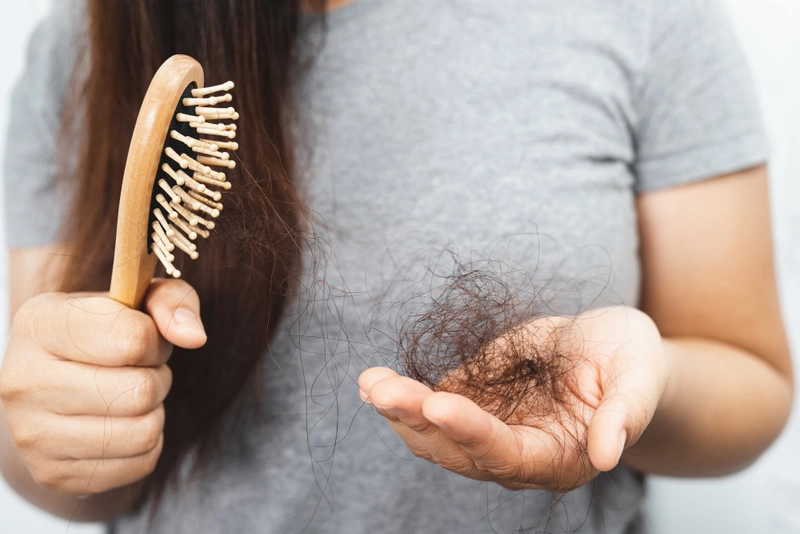- Published on: May 28, 2022
- 1 minute read
- By: Second Medic Expert
What Is The Difference Between A Psychiatrist And A Psychologist?
Psychiatrists are medical doctors who have completed specialty training in psychiatry. They are able to prescribe medications, which is not something that psychologists can do. Psychologists have a doctoral degrees in psychology, and many of them specialize in psychotherapy - helping people work through their problems by talking about them. Psychiatrists are medical doctors who have completed a residency in psychiatry. They are able to prescribe medications. Psychologists are not medical doctors and do not prescribe medications. Psychologists typically have a doctoral degree in psychology.
The main difference between psychiatrists and psychologists is that psychiatrists are licensed to prescribe medication, while psychologists are not. Psychiatrists may also provide therapy, while psychologists generally do not. However, many psychiatrists also provide therapy, and many psychologists prescribe medication.
Psychologists, on the other hand, usually have a doctoral degree in psychology but are not licensed to prescribe medication. Psychologists are generally considered to be experts in the assessment of behavior and cognitive functioning, while psychiatrists are considered to be experts in both assessment and treatment. Psychiatrists are licensed to prescribe medication. Psychologists are not medical doctors, and they cannot prescribe medication. Psychologists often have a PhD or a PsyD degree in psychology.
Psychologists have a PhD or a PsyD in psychology. They do not prescribe medications, but they can provide therapy and assessment services. Some psychologists do have prescribing privileges, but this varies from state to state. Psychiatrists are medical doctors who specialize in the diagnosis and treatment of mental illness. Psychologists are not medical doctors, but they have graduate degrees in psychology and they can do psychological testing and therapy.
Psychiatrists can prescribe medications, while psychologists cannot. Some psychiatrists also do therapy, but many do not. Most psychologists do therapy. Psychiatrists can prescribe medications, which psychologists cannot. Psychologists typically have a doctoral degree in psychology but cannot prescribe medications. Psychologists provide therapy, which psychiatrists also do. So, psychiatrists are both therapists and prescribers of medication, while psychologists are therapists only.
Psychiatrists generally do a more detailed evaluation of a person's mental state and symptoms to make a diagnosis, while psychologists may only administer standardized tests. Psychiatrists usually provide long-term treatment for people with serious or chronic mental illness, while psychologists often provide short-term treatment or therapy. Psychiatrists have specialized training in the diagnosis and treatment of mental illness, whereas psychologists do not. psychiatrists can prescribe medication, whereas psychologists cannot.










